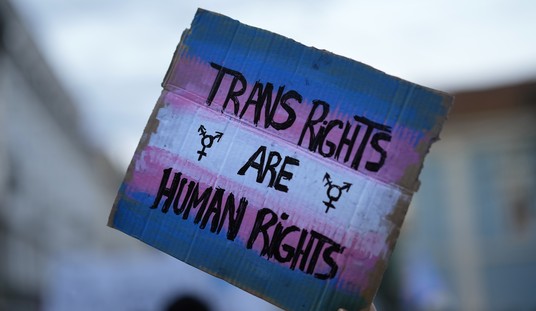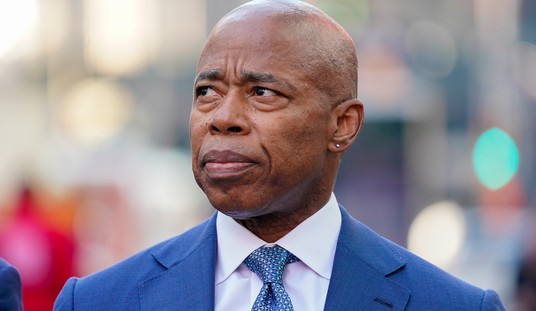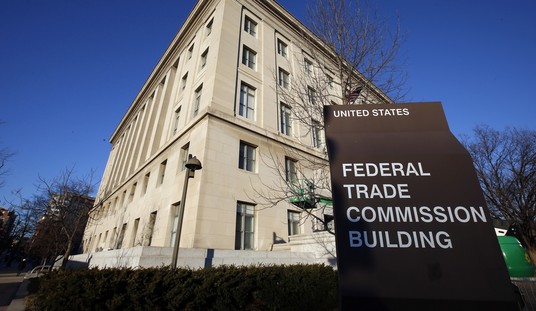
As Joe Cunningham has already pointed out, Donald Trump thinks he has a right to take your stuff:
He is okay with your government seizing your property for “job development.” You get what that means? He wants to extend government’s power into your very home and allow them to take your stuff. Why does Trump believe this is so good? Because’s he’s been in the property business, of course. He’s tried to use government to get him other people’s property before.
In addition to his position on eminent domain, he also made the following claim about it:
“You’re not taking property. … You’re paying a fortune for that property,” he said of the process, adding that homeowners can be paid “four, five, six, ten times” their property’s value.
This is complete hogwash. Maybe Trump’s little cult of followers will believe such nonsense, but all it takes is a little research to see that eminent domain battles almost always favor the government over the individual who owns the property. Trump is not stupid enough that he is going to enter into a negotiation offering four to ten times over the fair market value of the property.
Trump also said:
“Most of the time, they just want money,” the businessman said. “These people can go buy a house now that’s five times bigger and in a better location.”
Trump would have you believe that it’s private homeowners who are just holding out for a bigger check but that is not true. Small businesses are victims of these battles as well.
The following example shows just how much of a disadvantage a property owner is under when it comes to these situations:
Eventually the city offered $1,082,500 for the business; plus, under state law, the city had to pay the relocation costs. Des Moines Blue Print asked for $1.75 million. In Iowa, if the two sides can’t come to terms, the matter goes before a board made up mostly of retired real-estate agents. “Especially here in Iowa, where they mostly appraise farms, and there’s no hope that these board members would understand what we do,” Strooh said.
It was a dicey situation. The city’s offer was far too low — Des Moines Blue Print would never be able to get up and running on that figure. Besides not being fully compensated for the next-door building, the company was also not reimbursed for business “good will,” the legal term for the intangible value of the business and its clientele. Often, businesses lose some of their clientele when forced to move to a different location, and “good will” is designed to compensate them for such losses.
It’s hard to challenge the city. If the board comes up with a low offer and the business owner decides to appeal, the city goes ahead and takes the business, then deposits the offer in an escrow account until the matter is resolved. That puts the owner out of business essentially for about two years, since he cannot touch any of the money. The system is designed to avoid appeals, and only a wealthy owner can afford to float the entire worth of the company while the matter is battled in court. “You better be a wealthy business to appeal,” Strooh said. “If you are a little guy and you hope to stay in business, you can’t do it.”
In the case of Trump, he tried to get Vera Coking’s property in Atlantic City so he could expand one of his casinos:
When she refused Mr. Trump’s initial offers, the city’s Casino Reinvestment Development Authority became involved in 1996 and a three-year eminent domain saga ensued, pitting Mr. Trump against a woman who proved as feisty as he was. The city assessed the value of the property at only $251,000, but it never got the chance to seize it. Along with two other holdouts, a pawnshop and an Italian restaurant called Sabatini’s, Ms. Coking prevailed in State Supreme Court, which ruled the city had no right to take the properties for the purported public use of a new casino.
For Ms. Coking’s trouble, she made nothing but the papers and the nightly news.
She continued to turn away suitors for the property even after the decision. She was not completely opposed to selling, but whatever price she had in mind, no one could ever meet it, including Mr. Trump, who recalled offering as much as $4 million as well as a room for life at any of his properties. Mr. Casey said the most he remembered Mr. Trump offering was $1.9 million. “He never made her a real offer,” Mr. Casey said. “He just tried to steal it.”
When Trump could not get what he wanted, he ran to the local government who tried to condemn the property and pay Coking a ridiculously low amount. I am certain had he offered $2.5 million at the time (as he claims is what happened), she might have been more receptive.
Coking was able to prevail in court but that was before the Kelo decision in 2005. These days, she likely would not have been so fortunate.
For now, everybody can just add a “total disregard for property rights” to the list of reasons why Donald Trump is no conservative.












Join the conversation as a VIP Member